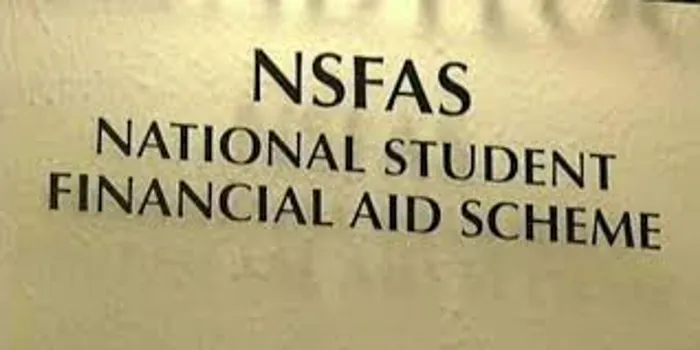NSFAS failures could leave more in the cold

Despite its self-imposed deadline to pay all 20 000 outstanding allowances by January 15, NSFAS only settled 9 128 allowances and blamed universities for delays in the submission of registration data for the remaining students.
The failure by the National Student Financial Aid Scheme (NSFAS) to settle all outstanding allowances could have a ripple effect on student registration in 2024, the portfolio committee on higher education has warned.
Despite its self-imposed deadline to pay all 20 000 outstanding allowances by January 15, NSFAS only settled 9 128 allowances and blamed universities for delays in the submission of registration data for the remaining students.
With the registration process already under way, the portfolio committee on higher education has expressed concern at NSFAS’s inability to meet its obligations.
MPs serving on the committee will now be conducting oversight visits to assess the readiness of tertiary institutions.
“The committee is fully aware of and gravely concerned by the challenges in the higher education sector, such as those experienced by NSFAS in finalising outstanding matters from the 2023 academic year.
“This includes the disbursement of outstanding allowances to students, finalisation of appeals, and the accreditation of private accommodation.
“The committee remains greatly concerned that the inability to pay these outstanding allowances could have a ripple effect on student registration in 2024. The committee urged NSFAS to address these issues with urgency.
“The committee further called on NSFAS and all stakeholders to ensure that adequate systems are in place for thousands of first-time entrants and returning tertiary students, to ensure that students receive the necessary assistance on time. (Also to) ensure that students are not prevented from registering,” said committee chairperson Nompendulo Mkhatshwa.
The committee’s visits to the institutions are scheduled for next week.
“Their participation will assist in monitoring the implementation of the plans presented to the committee in 2023 and to troubleshoot sectoral areas of concern.”
By Friday, NSFAS had received more than 1 406 000 applications for funding for this academic year, with almost 1 million more applications anticipated.
About the 11 000 outstanding allowances, NSFAS said: “Allowances are being prioritised and will be processed as part of the 2024 normal disbursement procedure.
“NSFAS will continue to engage the affected institutions to speedily resolve the disbursement of the outstanding allowances.
“Having considered the impact of late submission of student data on the disbursement of allowances, the NSFAS through the 2024 eligibility criteria and conditions for financial aid resolved that registration details of all NSFAS-eligible students studying funded approved qualifications should be submitted by no later than March 31 of the academic year.
Universities will not be permitted to change allowance types submitted within a particular academic term without the change being approved by NSFAS prior to such a claim being submitted, and the necessary budgetary approval obtained.”
SA Union of Students (Saus) president Yandisa Ndzoyiya said they were “appalled” at the regrettable inability of NSFAS to deliver on its mandate and commitments.
“Coherent with their inability to deliver on its commitments to servicing the poor and working class with distinction, they failed to meet their own deadline.
NSFAS claimed it was the fault of universities who failed to comply and submitted the required data in order for NSFAS to make the payments, and to the extent to which that is true we are calling on the Department of Higher Education to announce and take drastic measures against those universities they believe to be sabotaging the work of the scheme,” said Ndzoyiya.
Cape Times
Related Topics: